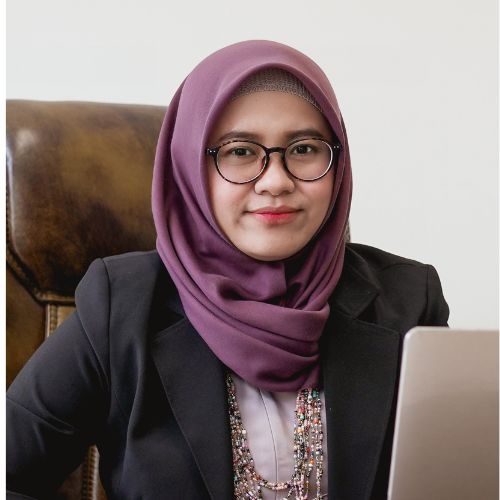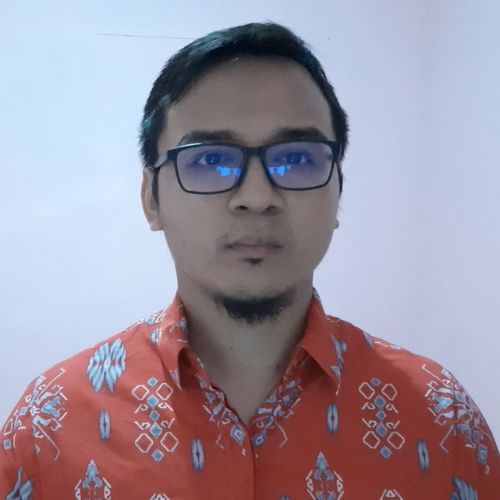Traditional Plants for Malaria Treatment: Challenges and Opportunities
Speakers

Sri Fatmawati
Assistant Professor at Department of Chemistry, Institut Teknologi Sepuluh Nopember (ITS) & President of ALMI

Iqbal Elyazar
Oxford University Clinical Research Unit Indonesia
Moderator

Henry Surendra
Associate Professor at Monash University Indonesia, Epidemiologist at Oxford University Clinical Research Unit Indonesia
Event Details
The search for drugs from nature is the meeting between indigenous knowledge and science. Though bioprospecting is the search for, and development of economically valuable products including medicines derived from bioactive substances of nature. This endeavor involves the incisive of biodiversity for biological resources that have social and economic value to various industries, especially the pharmaceutical industry.
Agricultural expansion and deforestation activities have resulted in land use change linked to altered dynamics and distribution of malaria and other vector borne diseases globally threatening related sustainable development goals. In many Southeast Asian settings nearing malaria elimination, agricultural occupation has been reported as a key risk factor for the disease transmission. In areas where malaria is limited to remote and forested areas, migrant and mobile populations often contribute to a high percentage of malaria cases in those areas. Eliminating malaria among these populations are challenging, particularly because they are hard to reach by the control programmes. Knowledge on the population’s characteristics including their treatment seeking behaviour is essentially needed.
In this session, we will discuss treatment practices related to malaria among indigenous populations in Indonesia, potential use of traditional plans for malaria treatment, the chemical constituents of the plants and challenges related to deforestation and agricultural land use changes in Indonesia.
Video Recording



